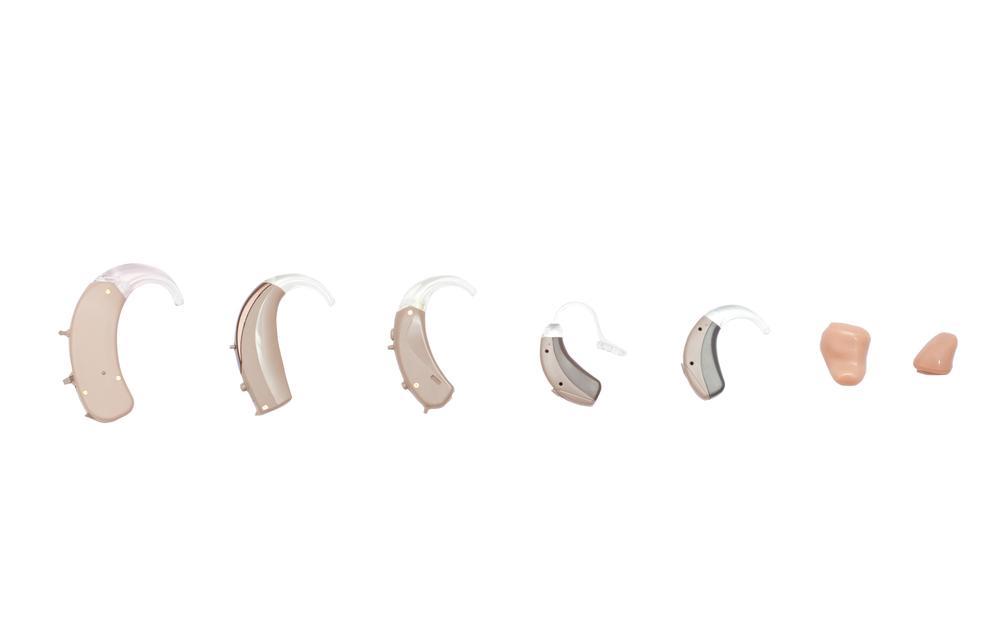Choosing the Best Hearing Aids: A Comprehensive Guide
Explore our comprehensive guide to selecting the ideal hearing aid. Learn about hearing loss signs, technological features, style options, and tips for adjusting to new devices. Make informed decisions with expert advice and product comparisons tailored to your needs. Improve your quality of life and regain clarity in everyday sounds with the right hearing aid choice.

Choosing the Best Hearing Aids: A Comprehensive Guide
Managing hearing loss can be challenging and emotionally taxing. It’s difficult to accept the gradual decline of a vital sense that’s been with you since birth. Hearing difficulties can hinder social interactions and lead to feelings of loneliness. Fortunately, modern advances in hearing aid technology can restore clarity and confidence. Selecting the right device involves understanding various features, styles, and benefits to find a perfect match for your needs.
Signs of Hearing Loss
If you notice conversations becoming confusing or exhausting, it’s time to visit a specialist. Comparing different hearing aid options can help identify the most suitable solution for your hearing challenges.
Advancements in auditory research enable effective solutions through informed choices.
Cutting-Edge Hearing Aid Technologies
Many trusted brands develop innovative hearing aids based on scientific studies and user feedback. With a variety of options available, performing thorough comparisons ensures you select the device that fits your lifestyle and hearing needs.
Factors to Consider When Selecting Hearing Aids
Compare hearing aids based on design style, such as Mini Behind-the-Ear models, and features like voice amplification, noise reduction, whistling suppression, environment modes, volume control, voice prompts, and telecoil capabilities.
It’s also essential to match the device to your specific hearing loss level. Some aids are designed for mild impairments, while others cater to moderate to severe loss, requiring more advanced functions.
Comfort and Sound Quality
When making comparisons, focus on comfort and acoustic performance. The aids should fit well without causing discomfort and deliver clear sound tailored to your hearing needs. Many aids can be programmed by professionals using computer simulations before purchase, ensuring optimal performance.
Choosing your first hearing aid can seem overwhelming due to the numerous options. Conducting online research, consulting healthcare providers, and discussing experiences with friends or family who use hearing aids can guide your decision.
Prices for hearing aids vary widely—from around $20 to over $400. Remember, cost doesn’t always indicate suitability; a less expensive model may sometimes be the best choice for you.
Available Product Types
Leading brands like ReSound offer various options, including wireless, digital, and miniature aids designed for comfort and efficacy. Other popular models include the Banglijian Hearing Amplifier BLJ-109 Rechargeable, at approximately $90; the Half Penny-Sized In-The-Canal style for about $50; and the Otofonix Digital Sound Amplifier, around $350. Carefully evaluate features during comparisons to find the best fit.
Adapting to Your New Hearing Aid
Initial adaptation may involve adjusting to amplified sounds, which can seem sharp or overwhelming. Over time, learning to use different settings effectively helps achieve natural hearing and comfort. Remember, each person’s needs are unique; what works for others might not work for you. Take your time to find the perfect match and rediscover the joys of clear sound.
Note:
The information provided on this platform offers valuable insights across various categories. We recommend consulting professionals for personalized advice. The content herein is based on research but should not replace expert consultation. We are not responsible for discrepancies or inaccuracies from external sources. Additionally, current deals or schemes may vary from what's presented here.










